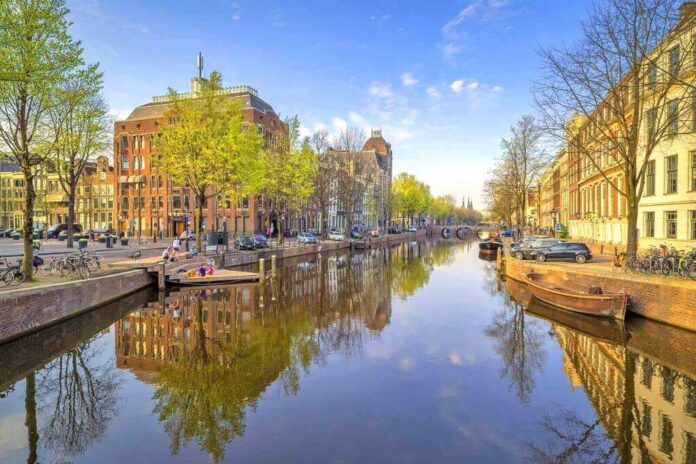One of the canals that ring Amsterdam, between the Herengracht and Prinsengracht, is called the Keizersgracht. Don’t miss the chance to visit this canal if you happen to be in Amsterdam.
1. What is Keizersgracht?
In Amsterdam, the Keizersgracht (Emperor’s Canal) is a half-circle canal lined with ancient structures. Since it was carved out in the early 1600s, this lovely waterway, which is a portion of the Grachtengordel, can be regarded as a “second generation” canal.
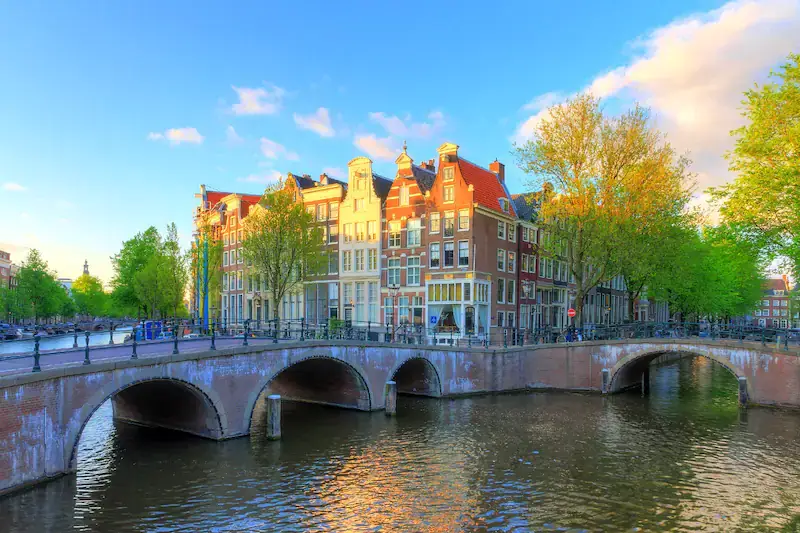
The Keizersgracht is lined with Gothic churches, old warehouses, and red brick structures. Stories of persecutors, trade, and family history are hiding behind all of these vibrant housefronts and are just waiting to be found.
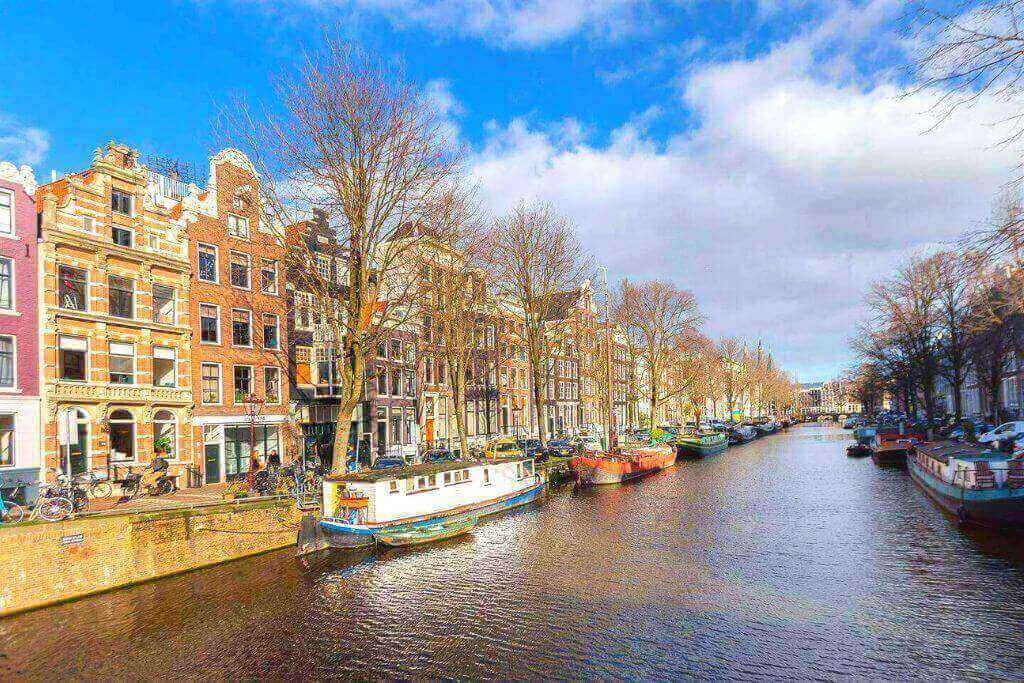
The Lucas Jansz Sinckbrug at the intersection with the River Amstel is the oldest and most beautiful of the 14 bridges that cross the Keizersgracht. You must walk 2.6 miles to traverse the Keizersgracht on foot, from the Brouwersgracht in the north to the Amstel river in the southeast.
2. What are Keizersgracht’s highlights?
The Keizersgracht soon became a commerce hub in addition to serving as a protective barrier between the city and the countryside after the shaft was built. The triplet buildings known as the Greenland Warehouses, which were used to store whale fat and other items associated with northern European whaling, are proof of its significance.
Next, proceed to Number 123, often known as the “Home with the Heads,” a magnificent merchant house with an interior art gallery and an exterior adorned with decorative stone heads.
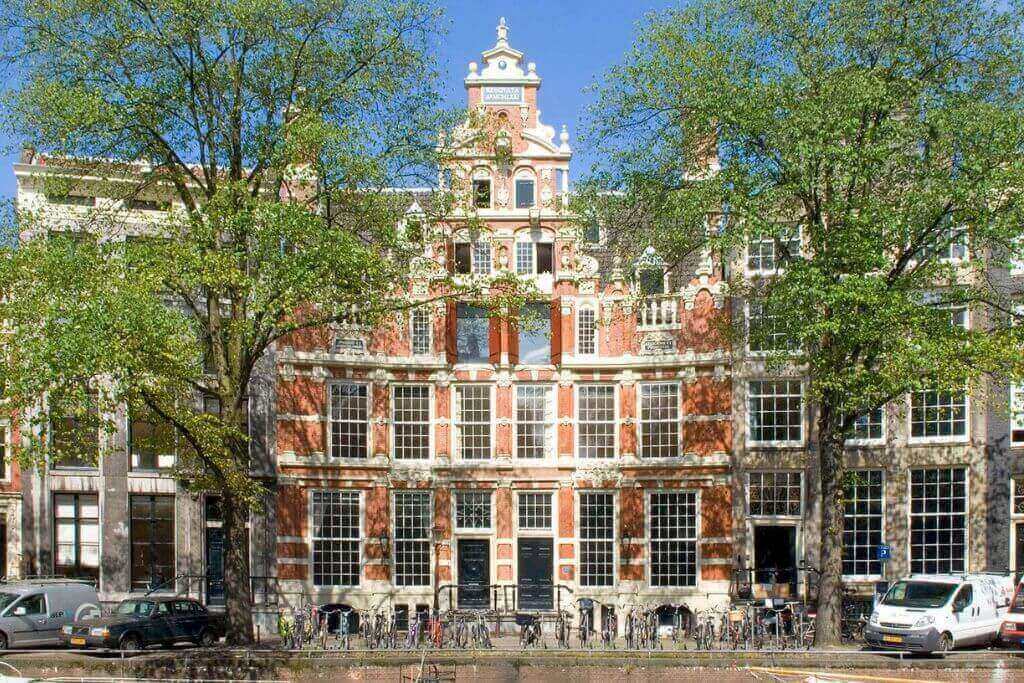
It’s also worthwhile to visit the Keizersgracht cathedral at Number 566 and Foam, which houses a gallery of old photos. A 16th-century house that has been converted into a museum, Museum Van Loon, is a must-see. It features elegantly furnished rooms and a well-designed garden.
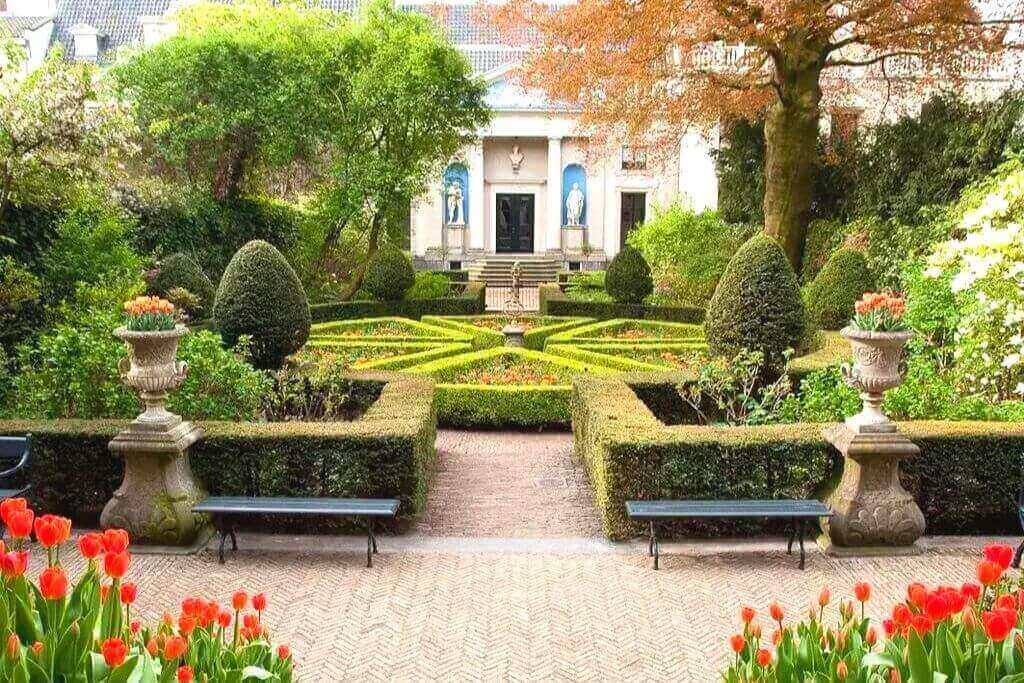
It takes only a short stroll from this historical institution to reach the Lucas Jansz Sinckbrug, which serves as the canal’s terminus.
3. An overview of the Keizersgracht’s history
In 1615, the Keizersgracht’s first bricks were placed. This waterway was said to have served a variety of purposes, such as serving as a safe haven for persecuted religious groups and as a storage facility.
In Amsterdam in the late Middle Ages, neither Remonstrants nor Catholics were permitted to hold services. The Vrijburg, formerly a secret church, today serves as the Rode Hoed, a cultural hub (Red Hat).
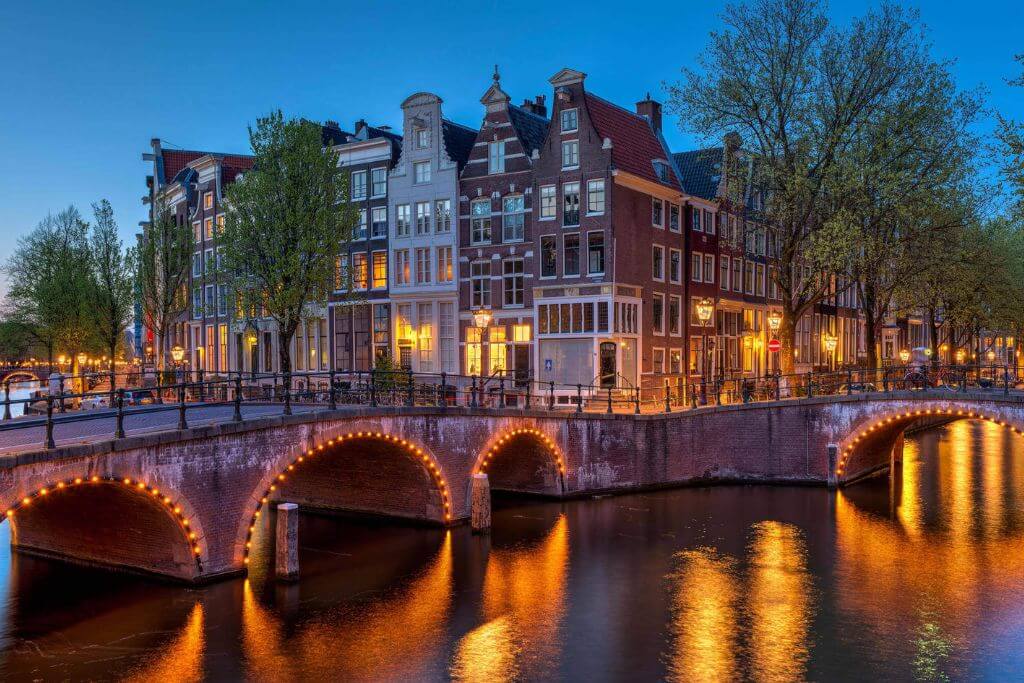
The Keizersgracht, which bears the name of Holy Roman Emperor Maximilian I, was originally intended to be a broad, dry roadway. The original concept, however, was abandoned when the wealthy prospective owners decided that they wanted to be able to travel to their homes by boat.
With a width of 28.3 meters, the Keizersgracht is still Amsterdam’s biggest canal. The fact that the Keizersgracht is home to an astounding 569 national historic sites is even more noteworthy.
4. Amazing Winter at Keizersgracht
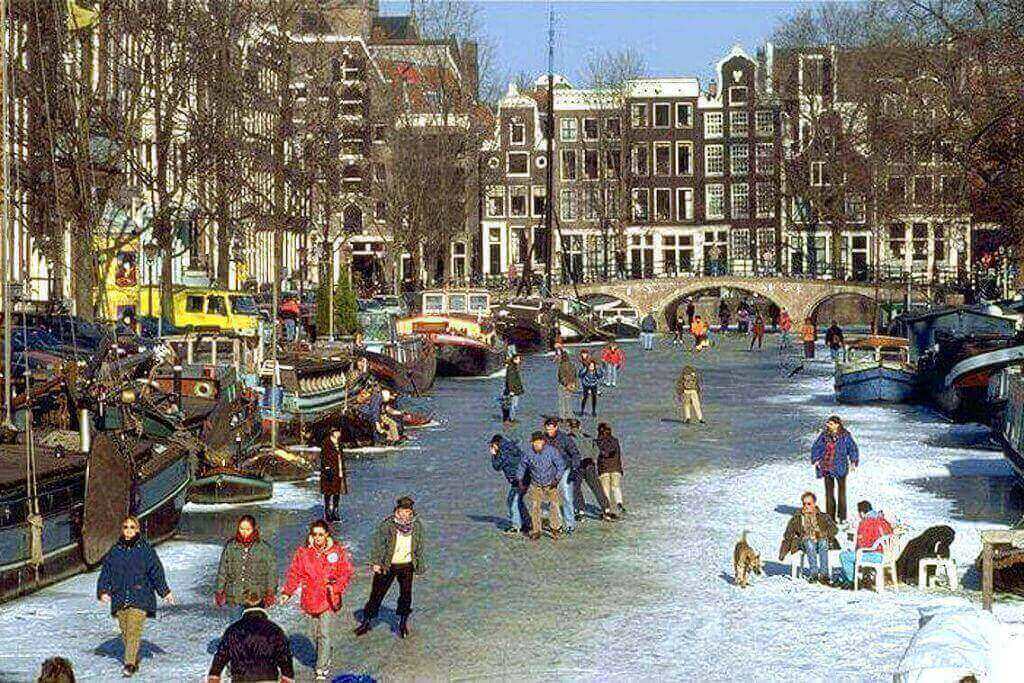
Sailing on this canal during the winter is prohibited to protect the ice from harm. The Keizersgracht can be used for skating by Amsterdam residents as soon as the ice is thick enough. This also makes it feasible to organize the “Keizersrace,” a sprint race held on the canal’s natural ice.
5. Some advice for visitors
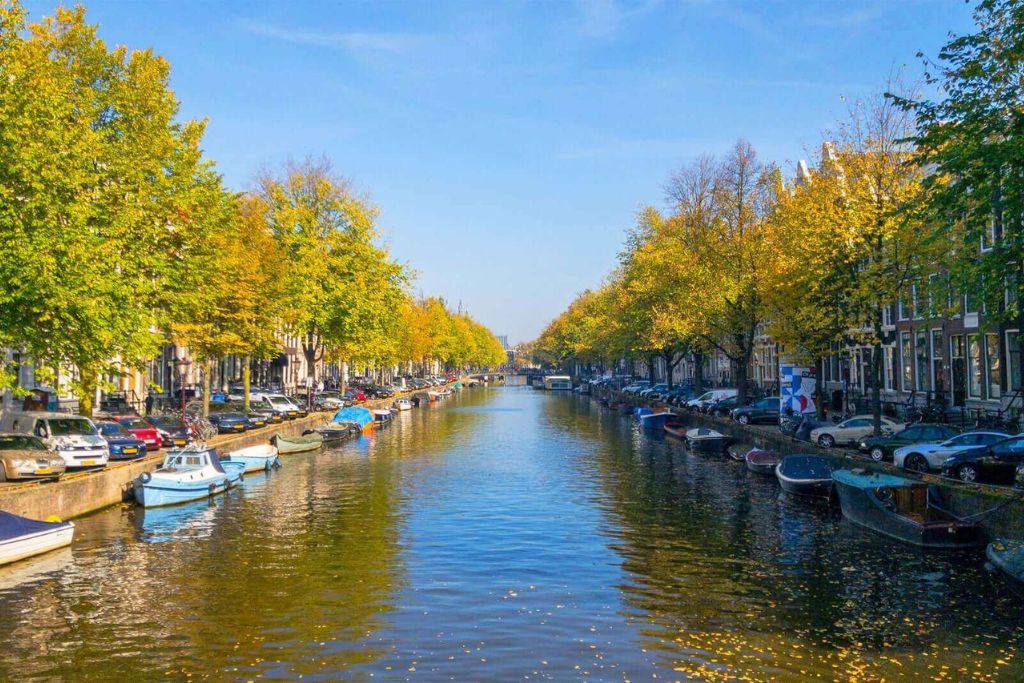
- Staying in a hotel right on the famous Keizersgracht canal is a particularly special way to experience it.
- Rent a pedalboat for a fun day out with friends or family to get a unique perspective of the stunning commercial structures and bridges.
- Only 100 meters separate the Westerkerk cathedral and the Anne Frank House from the Keizersgracht.
- Between Keizersgracht and Singel sits the Herengracht canal, making it simple to do a walking tour of all three.
- There are several restaurants along the streets near the canal if you get hungry while sightseeing in Amsterdam.
